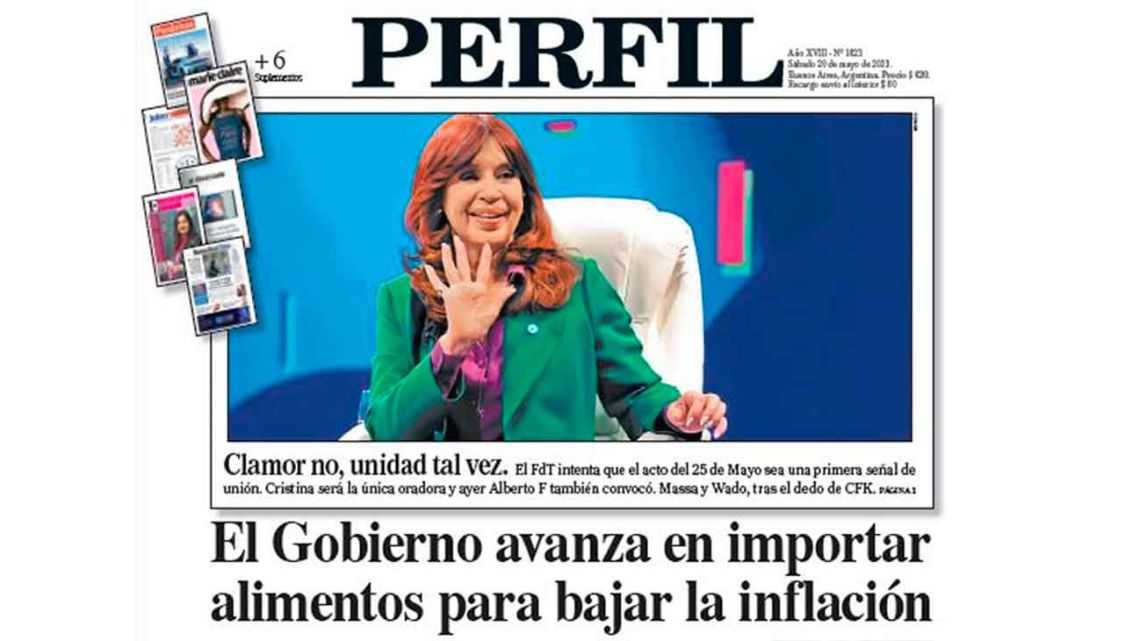While the Ministry of Commerce rushes to launch the Fair Neighborhood Prices program in the coming days, some companies announced to retailers a 10% increase in the price of milk starting tomorrow.
This marks the inflationary pulse that is having May and June. The Government admitted its concern by launching the alternative of import of food by the Central Marketan initiative that ran into many technical and operational obstacles.
Uncertainty over how the provision for the Central Market to import food will be implemented continues to reign. When consulted by PROFILE, sources from Customs and Senasa (where all procedures should go through before the Registry of Importers) assured that until now there is no management in the name of the Central Market.
“It is strange that the Market as an entity is going to import something. The producers who use the concentrator market should be the ones who do these businesses”, they explained from Senasa to PROFILE.
This week, representatives of the Secretary of Commerce met with members of cooperatives and members of the Market.
Food imports are on the starting line
Sources from the Secretariat commented to PROFILE that Raúl Díaz, who would be the new representative of the Nation before the Central Market, was present at the meetings, but they did not confirm the presence of the Secretary of Commerce, Matías Tombolini. However, from the Market they affirmed that on Monday they met with the Secretary of Commerce and that on Wednesday they met with Díaz, whom many do not recognize as an interlocutor because he was not named. During these meetings, market sources consulted assured, the operators and members of the cooperatives asked the Secretary of Commerce that importing food would not lower costs, since, for example, a 20-kilo bag of potatoes in the Central is available for $1,900 and one of onions for $1,500, making it difficult to obtain imported products at a lower cost. In the talks scheduled for next week, the operators plan to raise their claim to lower national costs again, but they do not see the import solution as practicable. For now, no progress has been made and even within the Market, some are encouraged to say that the provision on the purchase of food abroad “is off.”
Inside the institution there is also confusion. It’s known that Raul Diaz It would be the interlocutor, but not what position it will occupy within the Central Market.
In parallel, the Ministry of Commerce plans, as confirmed to PROFILE, to launch Fair Prices for local businesses, an initiative that was stopped due to the difficulty of getting distributors to guarantee supply and a list of purchase and sale prices as requested by the retailers.
According to the Ministry of Commerce, the basket will include more than one hundred products from thirty companiesagreed with wholesalers and direct distribution companies, and will have a monthly guideline of 3.8% increase, applicable 45 days after the entry into force.
Until now, the conversations with those who will have to sell these products were informal. Associations that bring together grocers and merchants assured PROFILE that among the companies that will make direct sales are a soft drink and a dairy company, which precisely announced a 10% increase starting Monday.
You may also like
